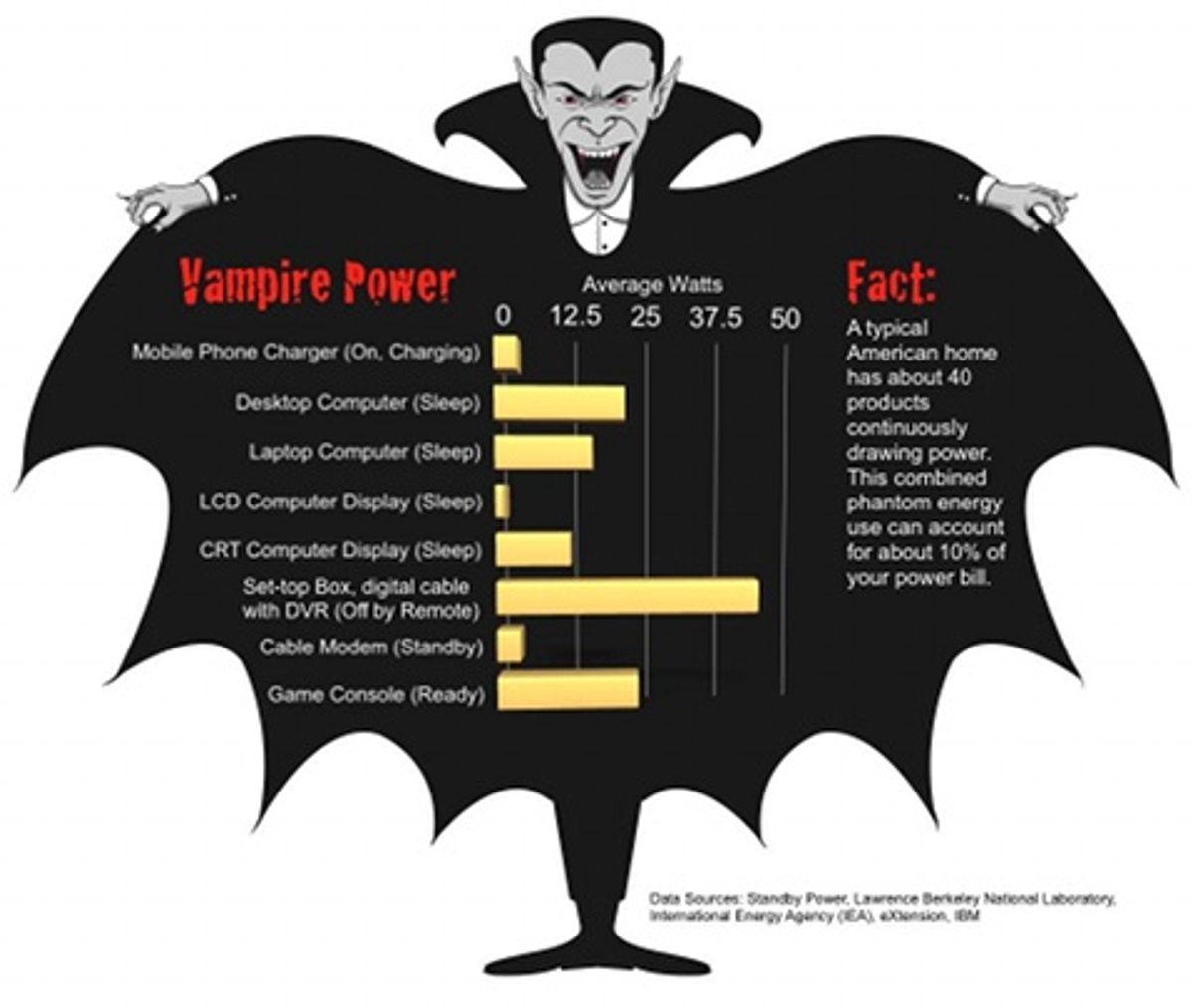I have made the point on a couple of occasions that when nanotechnology is applied to energy its major impact right at the moment is in helping to conserve energy rather than helping in generating it.
This I am sure is not appealing to those who cheerlead for solar power or fuel cells, but nanotechnology’s significant contribution to the world’s energy woes at the moment is more about better insulation.
Along these lines, Ecole Polytechnique Fédérale de Lausanne (EPFL) and IBM announced a major research initiative, dubbed Steeper, that aims to improve the energy efficiency of the electronic devices we use every day.
Maybe you’re not getting as excited about this as some new advance in photovoltaics, but you should. To give you the magnitude of the problem, here is some data from a press release sent out for the announcement.
“According to the International Energy Agency (IEA), electronic devices currently account for 15 percent of household electricity consumption, and energy consumed by information and communications technologies as well as consumer electronics will double by 2022 and triple by 2030 to 1,700 Terawatt hours -- this is equal to the entire total residential electricity consumption of the in US and Japan in 2009.”
Finding a way to reduce this energy consumption is a big deal and it seems the scientists in a recently formed consortium of research institutes and universities in Europe will be employing nanotechnology to reach a solution.
The nanotechnology of which we speak will come in the form of semiconducting nanowires that the researchers will be investigating along with tunnel field effect transistors (TFETs) to not only close the gates of transistors more tightly but also see if they can find a method for opening and closing the gate for maximum current flow and fewer turns.
To give you a sense of how serious this project is they started it back in June and are just now letting people know what they’re doing. And some of the key individuals in the project are speaking confidently about its prospects.
“Our vision is to share this research to enable manufacturers to build the Holy Grail in electronics, a computer that utilizes negligible energy when it's in sleep mode, which we call the zero-watt PC," Professor Adrian Ionescu of the Nanolab at EPFL is quoted as saying in the above referenced article.
"By applying our collective research in TFETs with semiconducting nanowires we aim to significantly reduce the power consumption of the basic building blocks of integrated circuits affecting the smallest consumer electronics to massive, supercomputers," says Dr. Heike Riel, head of the nanoscale electronics group at IBM's Zurich research facility.Dexter Johnson is a contributing editor at IEEE Spectrum, with a focus on nanotechnology.




